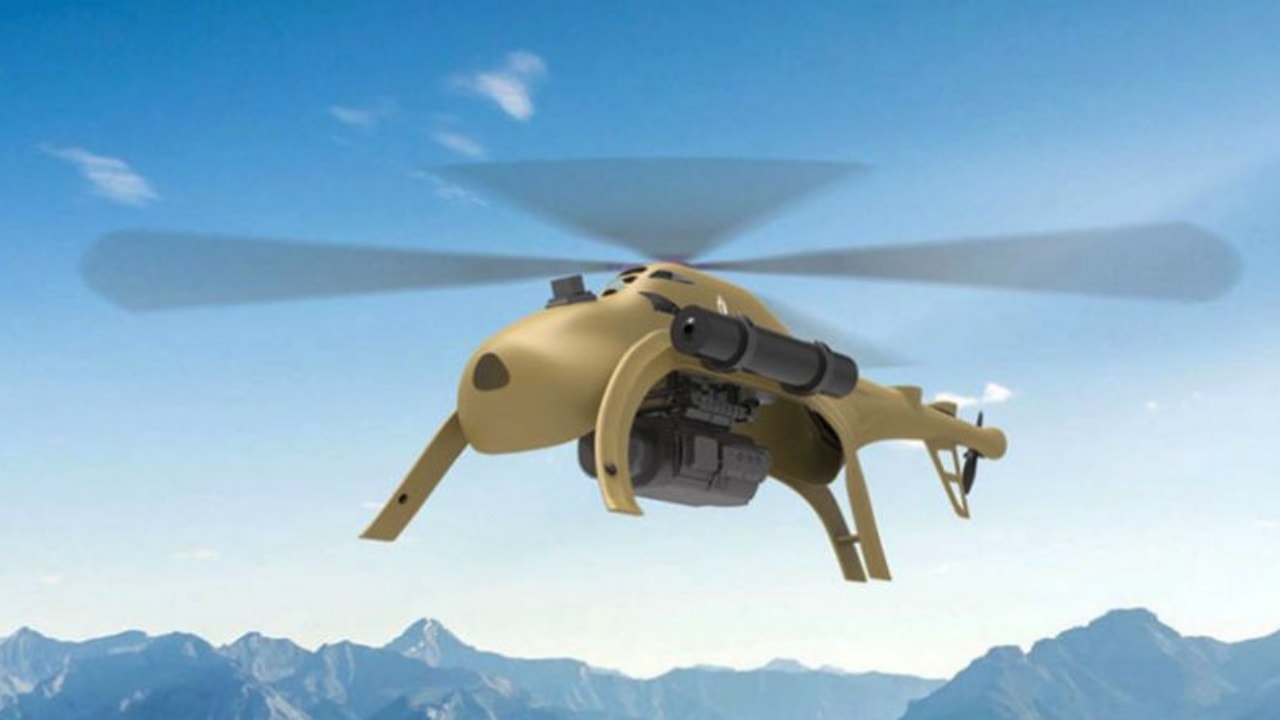Almost a year and a half after the United States withdrew its forces from Afghanistan, the Biden administration has sought to put Afghanistan firmly in the rearview mirror. “It had to come to an end,” National Security Advisor Jake Sullivan declared at the Aspen Security Forum last July.
Reporting from Davos last week, Matthew Kaminski, Politico’s editor-in-chief, suggested the Biden administration had succeeded in finally putting the incompetence of the withdrawal behind them. Referring to “the same advisers who were dismissed as callow incompetents in Afghanistan,” Kaminski quoted French commentator François Heisbourg to suggest that the Ukraine war had transformed the administration’s image. “Most of them are adults. They are potty trained. This [kind of U.S. response] hasn’t happened in over 20 years,” since the Clinton administration’s intervention in the Balkans, Heisbourg said.
The lesson of Afghanistan during the Clinton years, however, is that what happens in Afghanistan matters, even if Washington wishes to ignore it. Despite the wishful thinking and assurances of Trump- and former Biden-administration Special Envoy Zalmay Khalilzad, the Taliban never changed. His wife Cheryl Benard’s recent advocacy for the Taliban’s “moderate wing” looks increasingly stale if not delusional. So too is the Biden administration’s belief that engagement or bribery will blunt the Taliban’s ideology and turn it toward the West.
The United States abandoned its Afghan allies. Rather than process visas for Afghans who had put their lives on the line for the United States, acting U.S. Ambassador Ross Wilson was having the U.S. Embassy in Kabul celebrate gay pride week.
Contrary to the narrative in Washington, however, Afghans were willing to fight. Ahmad Masood’s National Resistance Front has held its own against the Taliban. This makes the efforts of Biden to transfer money to the Taliban all the more bizarre.
Rather than subsidize education or develop the country, it now appears that the Taliban will use its limited cash to purchase or otherwise acquire Blowfish drones from China. Even if U.S. humanitarian assistance does not directly end up in Beijing’s pockets, the fungibility of money makes this a distinction without a difference.
The Blowfish is a potentially devastating platform. The mini-helicopter can fire machine guns, launch mortars, and throw grenades. Artificial Intelligence imbues them with the ability to determine who lives and who dies on the battlefield with minimal human input. The Pentagon has already expressed fears that Blowfish exported to the Middle East could end up in the wrong hands.
The United States should not be fooled by China’s argument that the drones are necessary to help the Taliban counter-terrorism. Given the Taliban’s deep and continuing relationship with Al Qaeda, the group’s acquisition of drones from China should be Washington’s top strategic concern, on par with if not even greater than the current war in Ukraine.
The Biden administration must now consider four questions:
First, can we afford to ignore Afghanistan?
Second, regardless of the lobbying of Khalilzad and his family to the contrary, will the White House recognize that the Taliban are irredeemable?
Third, if so, is it time to start supporting the only legitimate resistance with forces on the ground and a demonstrated willingness to fight?
And, fourth, if instead, the United States seeks to ignore the looming problem, against whom might the Taliban or its terrorist partners use the Blowfish drones it is seeking to acquire?
For the sake of regional security and human rights, it is time to counter the Blowfish sale now and work to check the Taliban’s consolidation of power without any deference to China or its Pakistani clients.
Michael Rubin is a senior fellow at the American Enterprise Institute and a 19FortyFive Contributing Editor.

